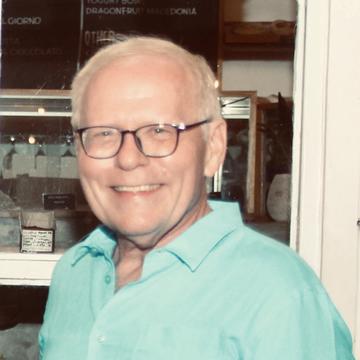
Our People
Gilbert "Gil" Herdt
Founding Director
Human Sexuality
School of Consciousness and Transformation
Email: gherdt@ciis.edu
What are you looking for?

Founding Director
Human Sexuality
School of Consciousness and Transformation
Email: gherdt@ciis.edu